First-Year Citations: An Important Criterion to Achieve Academic Excellence and Impact
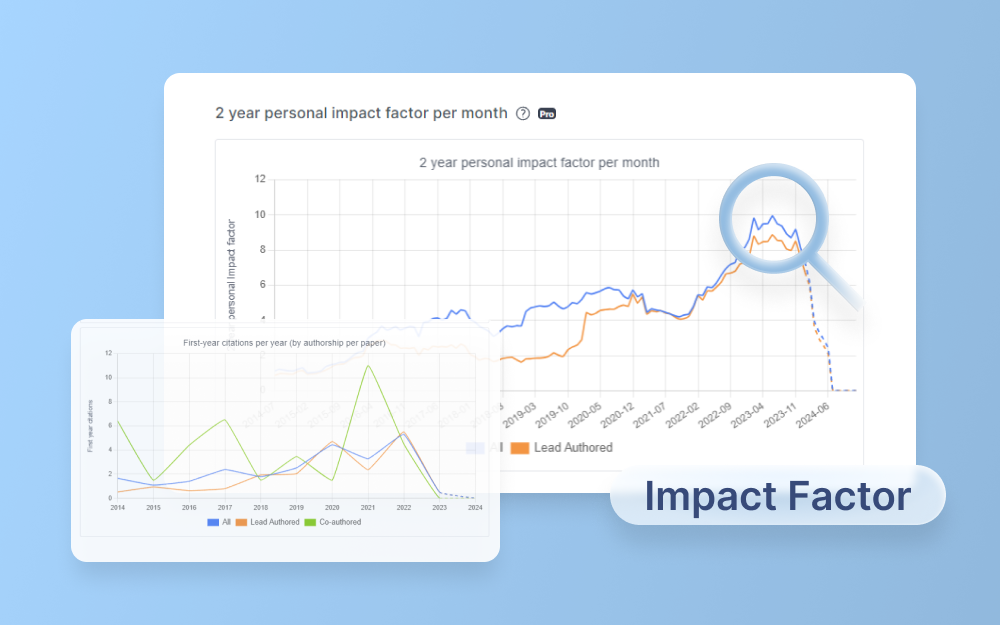
Academic excellence refers to a researcher's consistent high academic achievement, their ability to conduct high-quality research, generate new knowledge, and publish in reputable journals. Beyond these tangible outputs, academic excellence also includes critical thinking and problem-solving skills, a continuous dedication to learning, and the introduction of innovative ideas. To achieve this, researchers must set clear goals, actively participate in various research projects, and attend seminars to stay abreast of the latest techniques. Continuous development of critical thinking and networking skills is crucial, as is the acquisition and enhancement of data analysis capabilities. These skills are essential for understanding and analyzing research trends, allowing researchers to remain at the forefront of their fields.
Now, a new parameter has emerged as an important indicator of academic excellence: "First-Year Citations". This metric is becoming important for assessing academic excellence and the immediate impact of a researcher's work. A high number of first-year citations quickly demonstrates the impact and importance of the research, enhancing the researcher's academic reputation and providing more opportunities for further research. It serves as an objective measure of the researcher's capabilities and achievements.
“First-Year Citations” is a new standard, providing a clear window into the immediate influence of a researcher’s contributions. Also, this “First-Year Citations” allows us to assess the initial impact of research immediately after publication. By looking at the number of citations in the first year, we can gauge the quality, importance, and potential impact of the research. Additionally, examining these citations within the year (if the publication has been less than a year) helps identify popular research topics in academia, allowing us to understand current academic and industrial research trends. This information is invaluable for researchers looking to align their work with cutting-edge developments in their field.
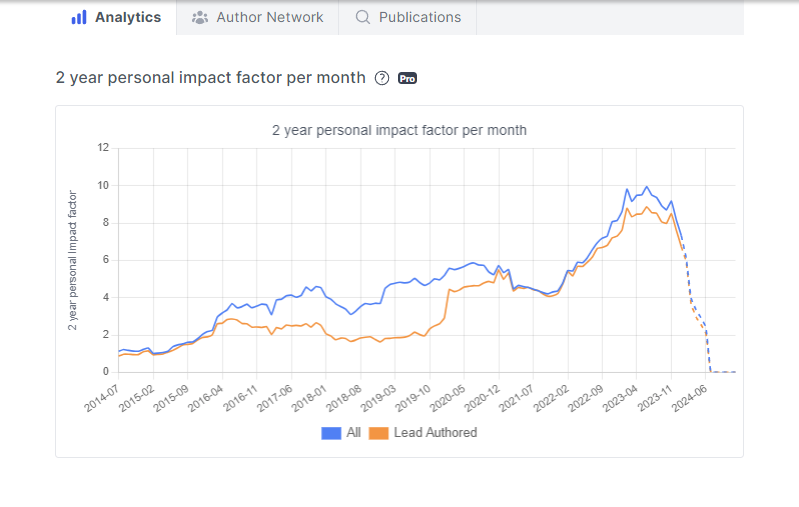
A Graph of Quality and Leadership
The First-Year Citations graph is not just a measure of quantity; it’s a barometer of quality. It assesses whether a researcher has recently led high-quality research projects, going beyond just their involvement to highlight their leadership role. This metric provides an invaluable perspective: how much of a researcher’s total citations are for work they’ve primarily spearheaded.
Use Case in Academia: Recruiting Rising Stars
Imagine a university’s recruitment team seeking new faculty members. They stumble upon a candidate whose First-Year Citations graph shows a consistent upward trend. This indicates that not only is their work being recognized quickly post-publication, but they are also likely leading these research projects, signifying their potential as a future thought leader in their field.
Impact on Research & Development
In the R&D sector, hiring decisions can significantly affect the direction and success of projects. Consider a biotech company looking for a lead researcher. By analyzing candidates through Scinapse’s First-Year Citations, the company identifies a candidate whose recent publications have garnered significant citations, indicating their research’s immediate relevance and impact in the field.
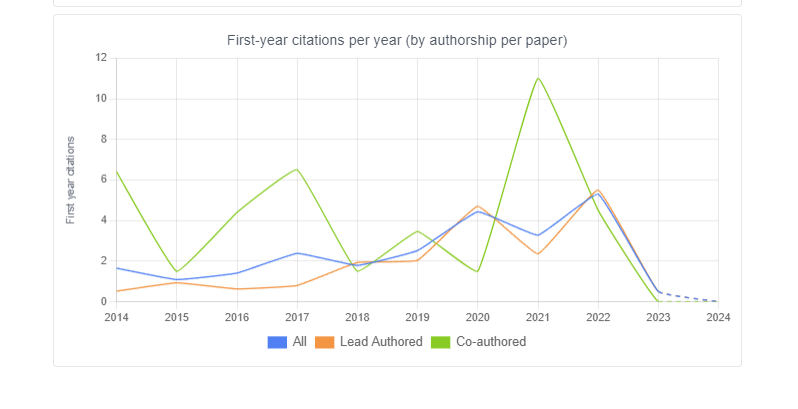
First-Year Citations: A New Paradigm in Assessing Research Capabilities
This feature importantly distinguishes between citations from co-authored or review papers and those from original research led by the scholar. In a landscape where co-authorship is common, discerning the true intellectual drivers behind impactful research becomes crucial.
First-Year Citations offers a fresh lens through which the academic and R&D communities can assess the immediate impact and quality of research contributions. It’s a tool that goes beyond traditional metrics, providing a more nuanced understanding of a researcher’s influence and potential. In an era where data-driven decisions are key, Scinapse is paving the way for smarter, more strategic choices in academia and beyond.
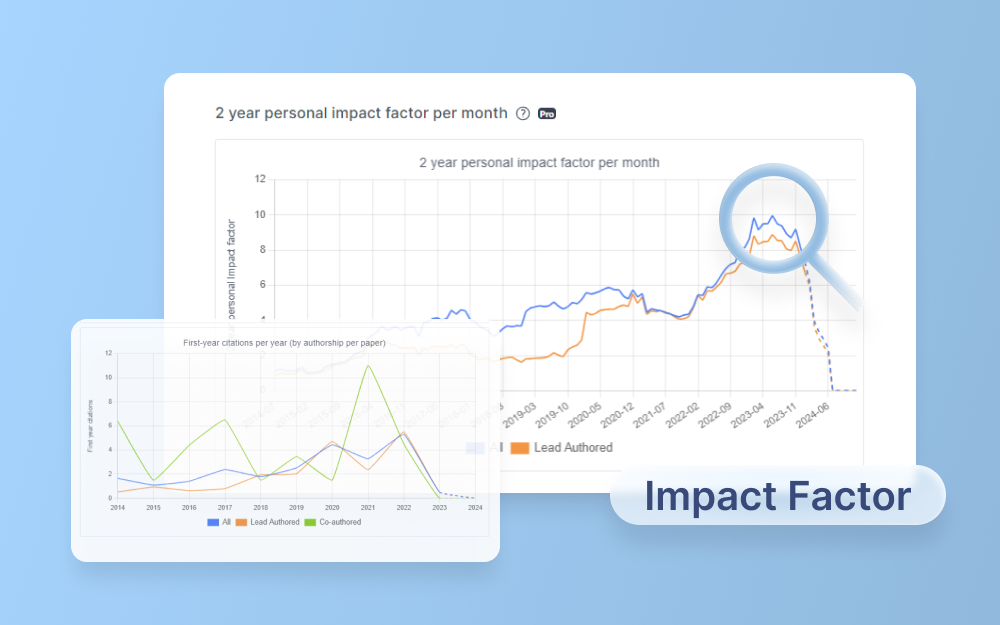
written by Geehee Nahm & Sarah Little
Never re-search again.
Scinapse is made by researchers for researchers.
Join the next generation of research at ⏯️ https://scinapse.io/
Pluto Labs
Pluto Labs helps researchers focus on their research by improving several inefficiencies in the academic research process. We offer data-driven insights from academic papers, allowing users to easily obtain review-level results for their desired range of papers.
https://pluto.im/

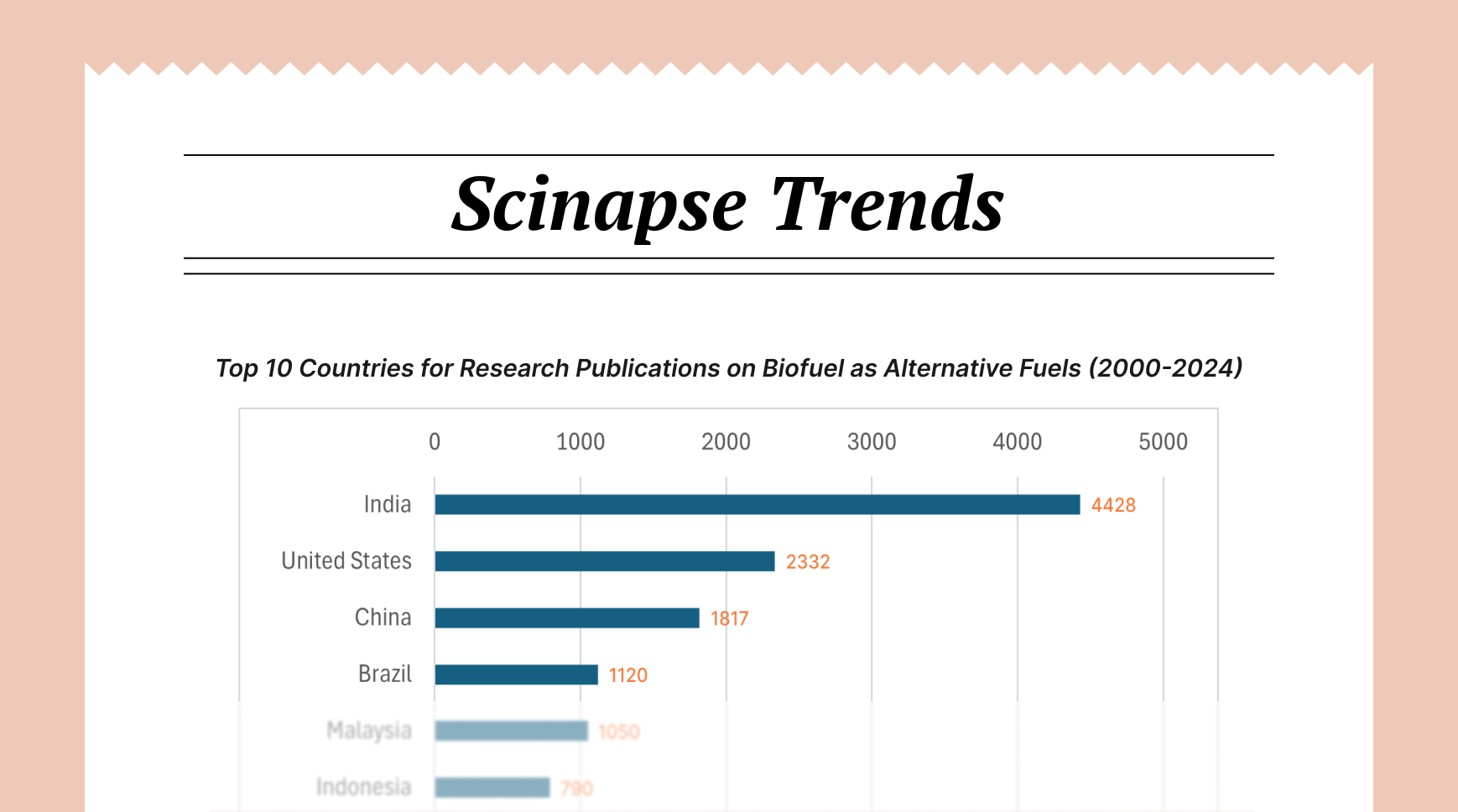
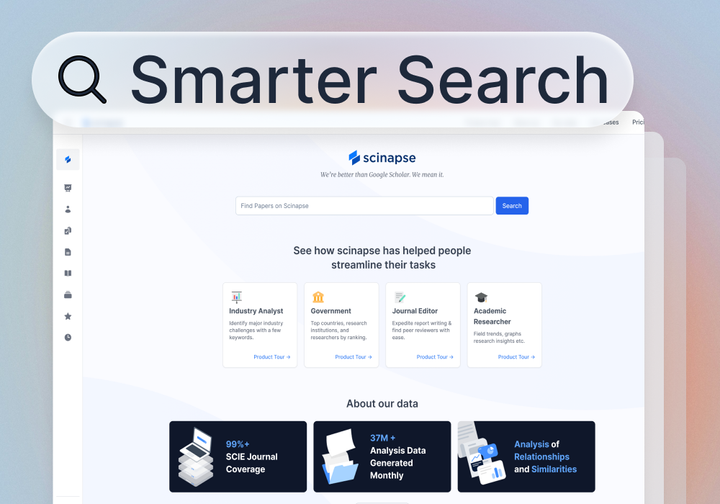

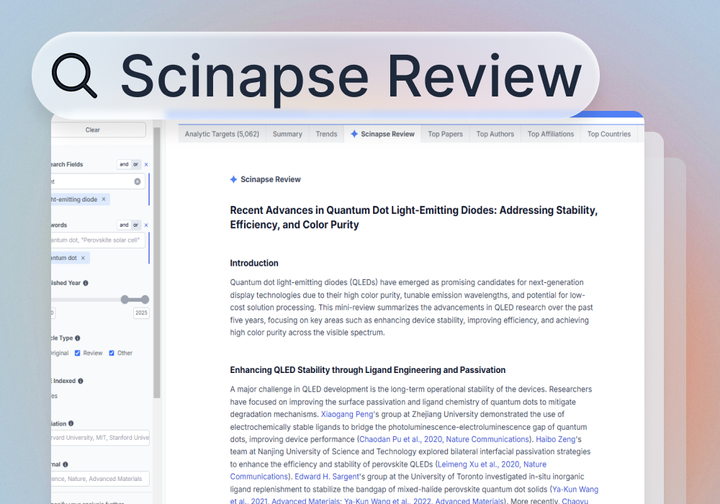
Comments ()